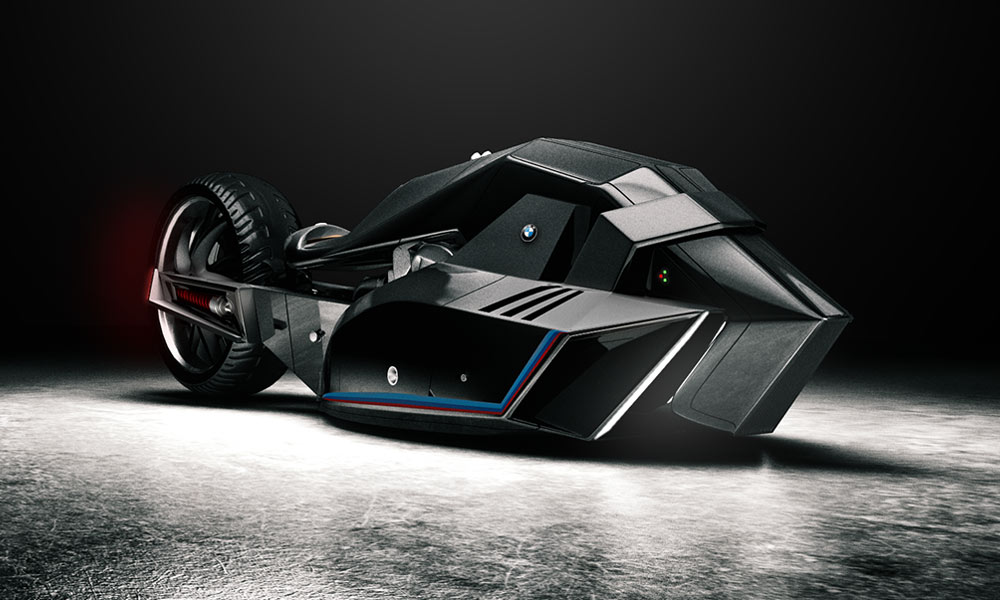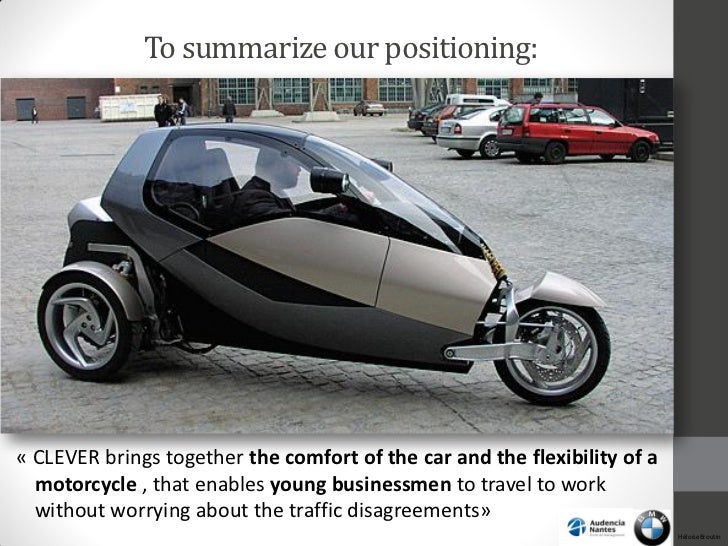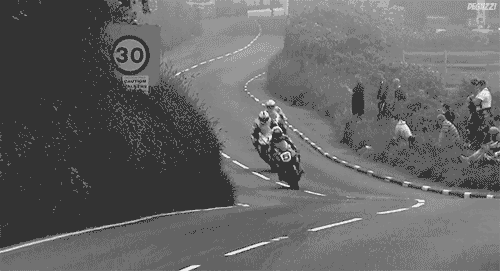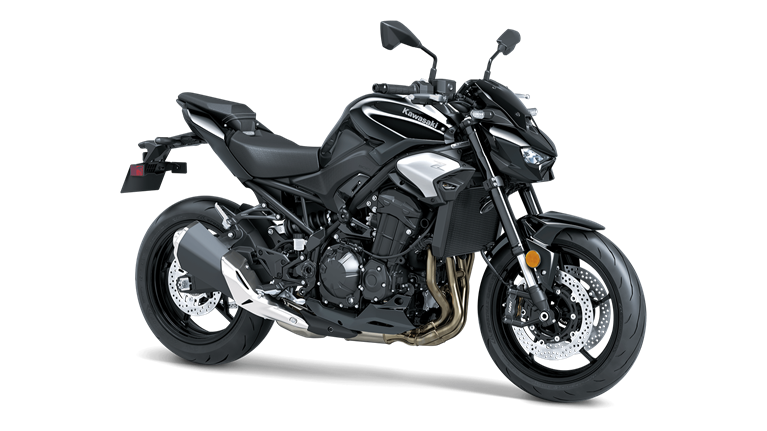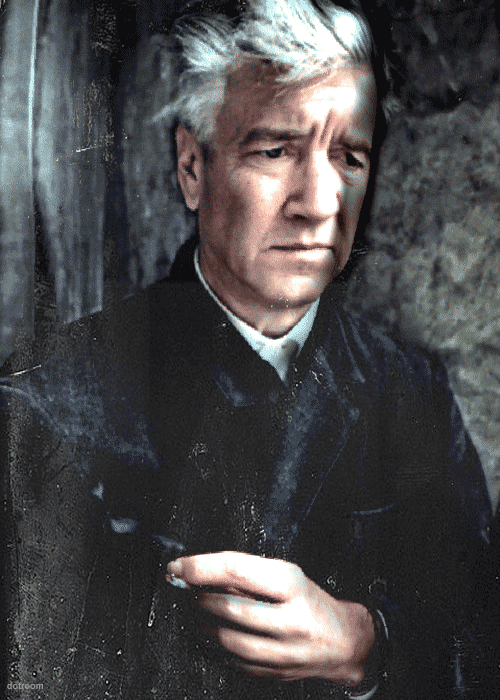BMW Motorrad Deutschland Concepts
Low-slung and as technically advanced as a Tron light cycle, the BMW Titan motorcycle concept is Turkish designer Mehmet Doruk Erdem‘s futuristic BMW-powered land speed record bike, suitable for runs on the Bonneville salt flats of Utah.
At the rear, Erdem has innovated with the enclosure of the driveshaft inside the left side of the rear suspension swingarm, while the spring and shock absorber are buried inside the right side, keeping all of them out of the airstream for reduced drag

![]()

Reminding of us a previous Concept: BMW CLEVER Enclosed Trike 3 Wheeler
The CLEVER (for “compact low emission vehicle for urban transport“) is a type of tilting three-wheeled motor vehicle that was developed in a collaboration between the University of Bath, BMW and a number of other partners from across Europe. CLEVER is designed as an alternative to conventional means of personal urban transport. The narrow body endows it with some of the manoeuvrability and congestion avoiding capability of a motorcycle, whilst offering comparable weather and impact protection to a car. Carbon emissions are reduced as a function of low weight and a small frontal area. The narrow track width requires that CLEVER tilts into corners to maintain stability; thus it is fitted with a Direct Tilt Control (DTC) system that uses hydraulic actuators linking the cabin to the non-tilting rear engine module.
CLEVER measures only 1 meter wide and has a maximum speed of approximately 50 mph. It runs on compressed natural gas, achieving a predicted 188 miles per gallon fuel efficiency. Construction of the first of five prototype vehicles was completed on Friday, April 21, 2006. Shortly after construction, track testing of a prototype vehicle revealed that, in certain transient situations, the DTC system could not guarantee stability of the vehicle. As of April 2012, research into alternative tilt control strategies for the CLEVER vehicle is still on-going at the University of Bath.[1]



